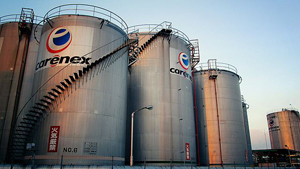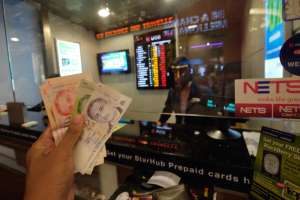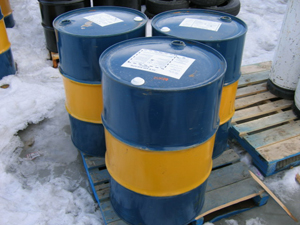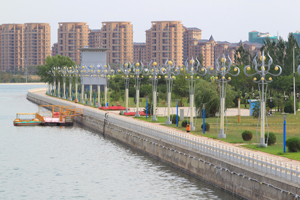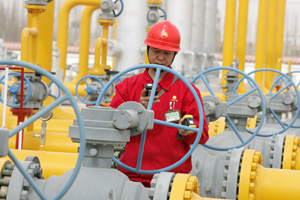Do Japan’s oil consuming sectors still react to oil price movements?
Japan is almost fully dependent on energy imports. In March 2011, a devastating earthquake and tsunami hit eastern Japan and damaged the nuclear power plant in Fukushima. This disaster led to the shutdown of all nuclear power plants due to the lack of government safety approvals. Japan replaced this significant loss of nuclear power with energy generated from imported natural gas, low-sulfur crude oil, fuel oil, and coal.

